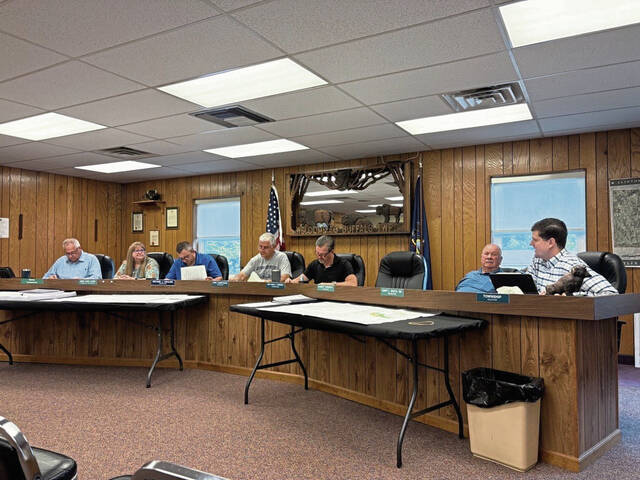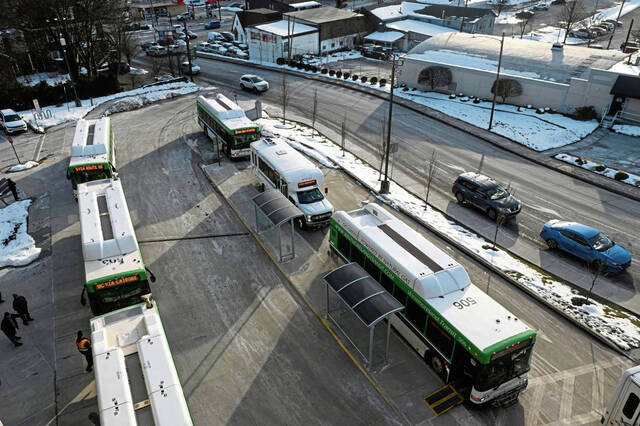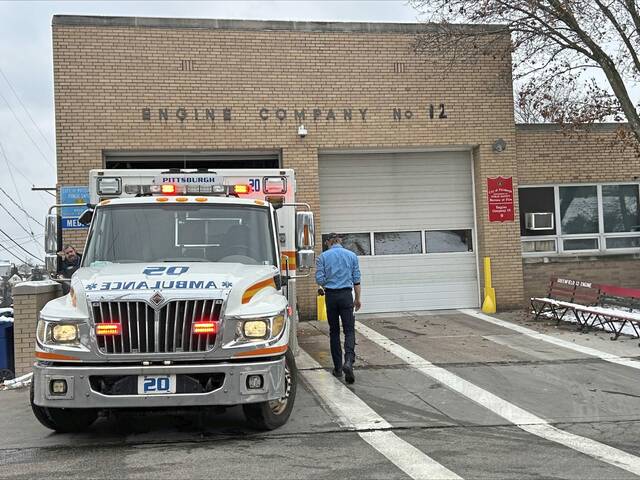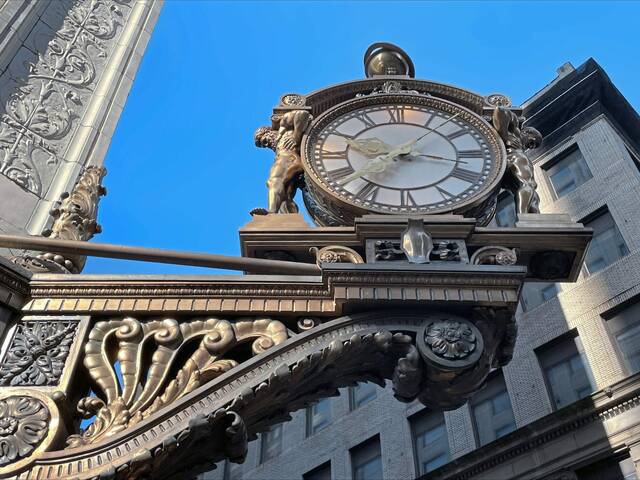We talk a lot about transparency.
The free flow of information is important. We want government to be accountable to the people for their actions, their spending and their process. When government does things without telling people what’s happening is when things go wrong.
We have critiqued municipalities, school districts, police departments, counties and the state for failing to adequately advertise meetings, holding meetings outside of the public eye, not releasing information that clearly should be open and delaying the release of information by gaming the Right to Know Law. All of that is contrary to transparency.
But that’s only one side of the coin.
The flip side is about government not listening to people.
Just as people have the right to know what their leaders are doing and where taxpayer money is going, they have a right to tell their leaders what their thoughts are. We have representative government, meaning the various council members, supervisors, directors, commissioners and representatives are not just rubber-stamped, sworn in and free to make decisions willy-nilly.
They are there to make decisions in keeping with the will of the people, on behalf of the people. To do so, there must be communication. It’s right there in the First Amendment to the U.S. Constitution, both broadly under freedom of speech and more specifically under the freedom to petition the government.
That’s why it is sad to see Buffalo Township supervisors mulling a resolution to limit public comment at meetings.
The issue comes up as the township is dealing with community controversy over proposals for solar farms. One hearing on the issue this month took several hours. About 35 people spoke, prompting the solicitor to draft the resolution, saying it was “probably necessary.”
A couple of hours for a hearing shouldn’t be a problem. Whether it is a solar farm or another issue, it takes a lot to get a significant number of people to turn up at a municipal meeting. Most tend to be vacant except for elected officials and a few employees. People showing up to participate — something that should be actively encouraged — may make things take a bit longer, but that’s part of the process.
Buffalo Township isn’t the first government entity to take such steps. They are becoming all too common, along with media policies and attempts to limit which elected officials are allowed to talk freely.
But if a longer meeting is necessary, a longer meeting should be held. If more chairs are needed in the audience, break out more chairs. If people want to participate, that is what should happen — if only because they will soon get bored with the minutiae of a public meeting and go home. Invite them to the mic when they make the effort.
It’s important to foster open dialogue with information flowing from the public to government and back. It’s how the process was always supposed to work. And it’s why the First Amendment doesn’t say “freedom to petition the government … briefly and when convenient.”








